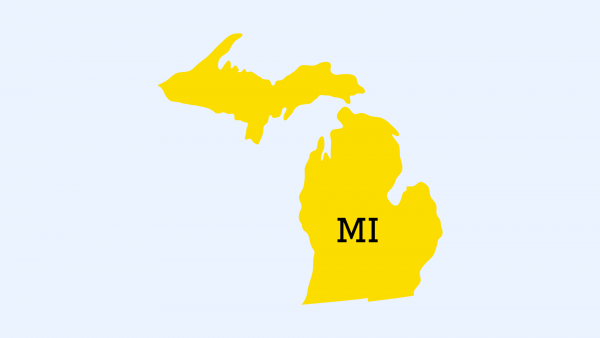Michigan Signs Multijurisdictional Poker Agreement: How It Works
A multijurisdictional poker deal has been signed in Michigan, allowing internet poker players to compete in poker across state boundaries. What does it mean? What does it do? And What is the purpose of such an agreement? Find the answers to these questions below.
What Is the Multijurisdictional Poker Agreement?
Internet poker gamers in Michigan may now compete against players in Delaware, Nevada, and NJ according to an agreement signed by Michigan Gaming Control Board Executive Director Henry Williams. The MSIGA states, and Michigan is now one of them. This is great news for not only the state of the online gambling industry of Michigan but the US as a whole. If you would like to keep up with the gambling news in Michigan be sure to check out iGaming MI – a great source of information about online gaming in Michigan.

To get started, operators must fulfill all of the requirements and standards laid out in the multijurisdictional agreement, and they must oversee multi-state poker involving only the jurisdictions in the agreement. They'll need to get clearance for new platforms or additions to those platforms, as well as new remote gaming devices and software.
For a new data center, the agency must provide technical security standards information, as well as review and inspection, and it must offer written clearance for servers capable of handling poker traffic outside of Michigan. In addition, any new multistate poker suppliers - including new platform providers - must receive online gaming supplier licenses, and new operators will be forced to register with the MGCB. Multistate poker operators or platform providers will need to receive occupational licenses from the Gaming Control Board.
Nevada and Delaware originally signed the MSIGA in 2014 to distribute liquidity among patrons partaking in legal forms of iGaming within the states' geographic limits.
The Multi-State Internet Gaming Agreement's member states are managed by the Association, which is based in Delaware. Member states can already play online poker in Michigan and Nevada, while Delaware and NJ provide a complete range of online gambling.
Following New Jersey's entry into the agreement in 2017, which expanded the association's shared liquidity to include full online casino gambling, The Great Lake State has become the association's fourth member. While the agreement is now confined to four states, other states may join in the future.
What Purpose Does It Serve?
People prefer to check in and see bustling lobbies and tables full of players, therefore this is beneficial, lobbies feel fuller, and it is easier to be a part of something if you are not alone. Because tournaments rely on traffic from various states to meet their participation goals rather than a ring-fenced participant pool from a single state, they may grow larger and provide higher guaranteed prize pools.
The states that have joined the Multi-State Gaming Agreement have already experienced an increase in poker liquidity. We expect this tendency to continue and become even more evident as new states join.
- Payton O'Brien, Gambling911.com














